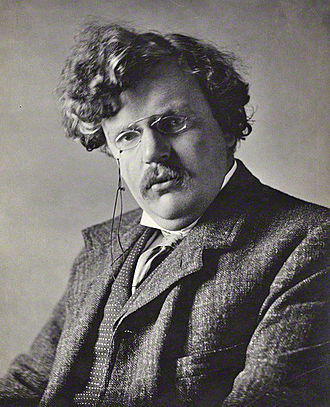14 June 2015
surly
[sur-lee]
adjective, surlier, surliest.
1. churlishly rude or bad-tempered:
a surly waiter.
Synonyms: sullen, uncivil, brusque, irascible, splenetic, choleric, cross; grumpy, grouchy, crabby.
2. unfriendly or hostile; menacingly irritable:
a surly old lion.
Synonyms: threatening, malevolent.
3. dark or dismal; menacing; threatening:
a surly sky.
Synonyms: ominous.
4. Obsolete. lordly; arrogant.
Origin of surly
1560-1570; spelling variant of obsolete sirly lordly, arrogant, equivalent to sir + -ly
Related forms
surlily, adverb
surliness, noun
unsurlily, adverb
unsurliness, noun
unsurly, adjective
Synonym Study
Glum, morose, sullen, dour, surly all are adjectives describing a gloomy, unsociable attitude. Glum describes a depressed, spiritless condition or manner, usually temporary rather than habitual: a glum shrug of the shoulders; a glum, hopeless look in his eye. Morose, which adds to glum a sense of bitterness, implies a habitual and pervasive gloominess: a sour, morose manner; morose withdrawal from human contact. Sullen usually implies reluctance or refusal to speak accompanied by glowering looks expressing anger or a sense of injury: a sullen manner, silence, look. Dour refers to a stern and forbidding aspect, stony and unresponsive: dour rejection of friendly overtures. Surly implies gruffness of speech and manner, usually accompanied by an air of injury and ill temper: a surly reply.
Dictionary.com
Today’s quote
‘To be an internationalist is to pay our own debt to humanity. Whoever is incapable of fighting for others will never be sufficiently capable of fighting for himself or herself’.
– Fidel Castro
On this day
14 June 1158 – Munich founded by Henry the Lion on the banks of the River Isar.
14 June 1789 – The Reverend Elijah Craig becomes the first person to distill whisky from maize. The new whisky is named bourbon, because that is the county in Kentucky that Reverend Craig lived in.
14 June 1928 – birth of Ernesto ‘Che’ Guevara, Argentinian Marxist revolutionary, physician, author. Executed 9 October 1967 on the order of Bolivian President Rene Barrientos.
14 June 1936 – death of Gilbert Keith Chesterton (otherwise known as G.K. Chesterton – born 29 May 1874), English writer, lay theologian, poet, philosopher, dramatist, journalist, orator, literary and art critic, biographer and owner of one of the world’s worst pompadours:

14 June 1937 – The USA passes the Marihuana Tax Act, which taxed the sale of cannabis.
14 June 1982 – Argentina surrenders to Great Britain after the six week Falkland’s War.
14 June 2007 – Former Ku Klux Klan member, 71 year old James Seale is found guilty of a number of charges related to the 1964 murder of two civil rights activists in Mississippi. He was sentenced to three life terms of imprisonment. His conviction was overturned the following year, before being reinstated. He died in prison in 2011.

